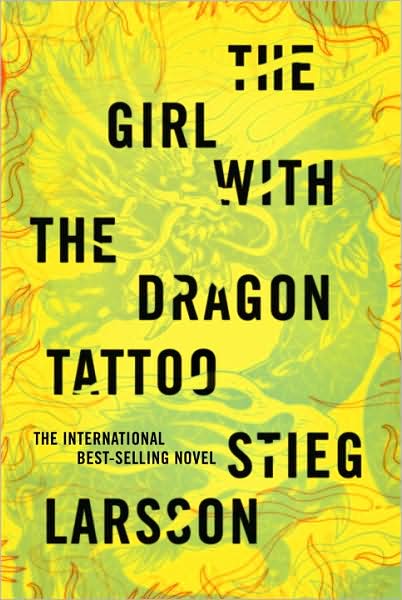A little micro-sabbatical is a good thing. That's my excuse, anyway.

Take a breather.
Because sometimes 'you need to let the toilet tank fill up.'
And drop your schedule, let your tasks go ...let the mind go fallow-- for a day or so.
No emailing, no Tweeting, just a wee bit o' blogging.
Read, eat & drink, take walks, read, read, drink, read. Repeat as necessary.
Speaking of r
 ecent reads:
ecent reads:I finished The Girl with the Dragon Tattoo and loved it. A thriller, a crime novel, a page-turner, set in Sweden. I'm just sorry the author didn't live to see it publi
 shed.
shed.Also read Julia Glass's The Whole World Over. Compelling, too. Saga is my favorite character.
I expect to finish a classic horror novel tonight [yep, genre-wise, my reading list is a
 smorgasbord], The Haunting of Hill House by Shirley Jackson. How did I miss reading this? What an exquisite, creepy, entertaining novel!
smorgasbord], The Haunting of Hill House by Shirley Jackson. How did I miss reading this? What an exquisite, creepy, entertaining novel!And to leaven the darkness, I'm ploughing through Jill McCorkle's gem of a short story collection, Going Away Shoes.














